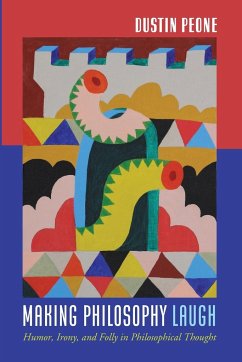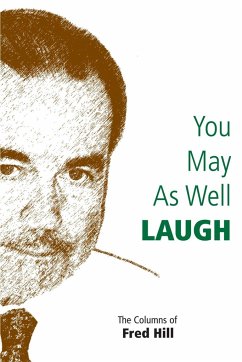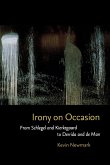Contemporary philosophy has adopted an increasingly tragic point of view. Tragedy, though, is only a partial truth of the human condition. Comedy is another partial truth. The nature of human existence is neither wholly the one nor the other, but tragi-comic. Philosophy must be attuned to both despair and laughter if it is to understand its own world. In Making Philosophy Laugh, the philosopher Dustin Peone makes an apology for the comic side of existence and its use in philosophy. He demonstrates the social and moral uses of humor and analyzes its significance for speculative thinking. Folly and irony are shown to be vital facets of dialectical philosophy. The reader is introduced to the comical side of Socrates and Homer, Descartes and Vico, Kant and Hegel, and many others. Finally, a doctrine of the tragi-comic sense of life is presented that does justice to all aspects of human existence and liberates the spirit from the grimness of serious thought.








